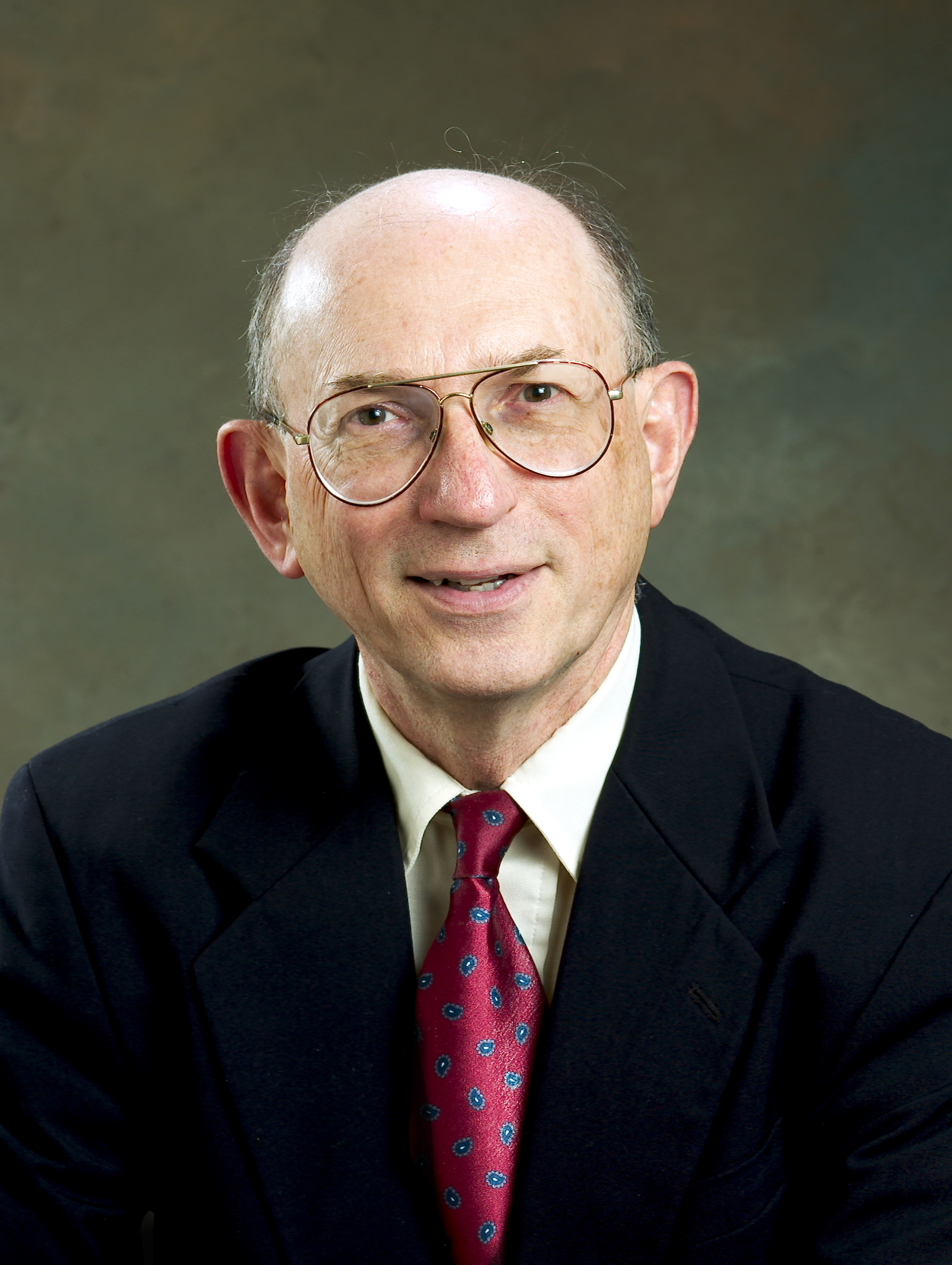Contact: Phil Hearn

STARKVILLE, Miss.--Civil War scholars and buffs interested in Gen. William Tecumseh Sherman's famous "march to the sea" may want to march over to a favorite bookstore for a copy of historian John F. Marszalek's latest work on the controversial subject.
Researched and written by the longtime Mississippi State faculty member, "Sherman's March to the Sea," is a new release of the McWhiney Foundation Press at McMurry University in Abilene, Texas. The 160-page paperback is part of "Civil War Campaigns and Commanders Series," which is under the general editorship of well-known Southern historian Grady McWhiney.
"Grady asked me to write a book for the series on the march to the sea," said Marszalek, a William L. Giles Distinguished Professor Emeritus at the Starkville institution. "The series is aimed at classroom use and purchase by anyone with an enthusiasm for the Civil War."
Marszalek, who retired in 2002 after a nearly 30-year MSU career, won critical acclaim for his 1993 biography on Sherman. Titled "Sherman: A Soldier's Passion for Order," the 635-page work was a finalist for the Lincoln Prize, considered the most prestigious award for Civil War books.
A nationally recognized researcher and lecturer, Marszalek recently returned to campus as the university's director and mentor of distinguished scholars--those holding the most prestigious undergraduate scholarships.
"After writing my biography and giving lectures around the country, I noted how little people actually knew about the march to the sea and how much myth surrounds it," the author said. "My aim in this (new) book, therefore, is to present the facts about the march and demonstrate its place in the history of the Civil War.
"I also want to give an accurate picture of Sherman, particularly in his relations to the South," he added.
Born in 1820 in Lancaster, Ohio, Sherman graduated sixth in a class of 42 cadets at the U.S. Military Academy in 1840. After a brief military career, he unsuccessfully attempted several civilian occupations during the 1850s. Serving as superintendent of the Louisiana Military Seminary (now Louisiana State University) in Alexandria, La., at the outbreak of war in 1861, he returned north to fight for the Union.
Sherman rose steadily in rank and influence as Gen. U.S. Grant's top field commander at Vicksburg and in other successful military campaigns in the war's western theater. When Grant moved to Washington as commanding general in 1864, Sherman gained command of Union forces in the West, orchestrating the capture of Atlanta and cutting a swath of destruction through Georgia in his march to Savannah.
"Sherman's march to the sea was not the application of senseless brutality for its own sake," Marszalek explained in the book's introduction. "It was a well-planned attempt to break the will of the Confederacy and bring the Civil War to a more rapid end.
"He was a brilliant and purposeful man whose experiences in life led him to a warfare of destructiveness," the veteran professor continued. "Far from being a South-hating brute, he had great affection for the region, having lived in the South much of his life and made many friends among its people.
"His major purpose for marching to the sea was not to brutalize, but to end the war as quickly as possible with the least loss of life," he added.
Sherman died in New York City in 1891 and is buried in St. Louis, Mo.
In "March to the Sea," Marszalek also traces Sherman's early career, his military highs and lows under Grant, and follows him on a later swath through Savannah and the Carolinas to the war's end in 1865. Along the way, the author provides photos and biographical sketches of key Union and Confederate commanders and politicians.
As the publisher notes: "The result is a gripping tale which demonstrates both how the march affected the Confederacy's last days and how it continues to influence Americans at the beginning of the 21st century."
NEWS EDITORS/DIRECTORS: For more information, contact Dr. Marszalek at (662) 323-8068 or johnmarsz@yahoo.com.